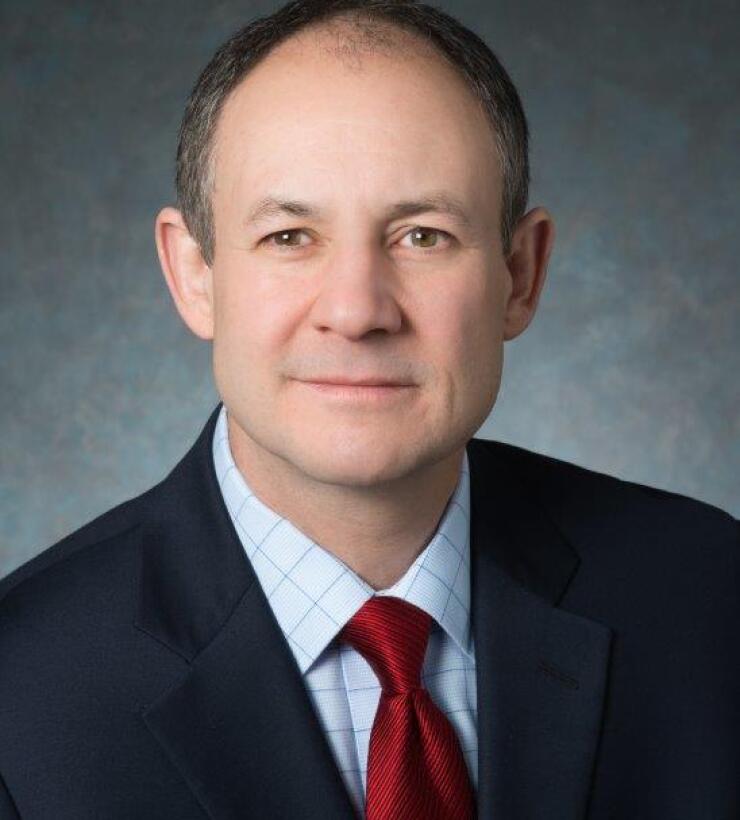While state and local governments can use some stimulus from the federal government, an infrastructure plan may be easiest to pass because Democrats and Republicans support it, one economist said.
"This would be an ideal time to put money back into the infrastructure, which becomes very productive for the country in the longest of runs," said Scott Colbert, executive vice president and chief economist at Commerce Trust Co. "I'm actually optimistic and hopeful that because both Democrats and Republicans like the idea of infrastructure in some way or another, something is likely to happen."
With interest rates low, borrowing is not an issue, Colbert said on a podcast to be published on Commerce's website. "I do think that there will be a second round of stimulus" providing money to state and local governments and for infrastructure.
Low inflation remains an issue, as the Federal Reserve has not been able to push inflation up to its 2% target on a regular basis for at least a decade, and Federal Open Market Committee members don’t expect higher inflation anytime soon.
“We’re not likely to confront [inflation] anytime soon," Colbert said, "despite the fact that they [the government] have ginned up a lot of stimulus and borrowed our way forward.”
"During the last recovery, of course, despite the stimulus, despite the fact that it was almost 11 years in making, despite the fact that we had near record-low unemployment, which generally results in rising wages and inflation, the Fed never got its inflation back to its inflation target," he added. And, while the Fed doesn't use the consumer price index exclusively, the index fell in April and May, "the deepest fall in prices this country has ever witnessed."
Consumers have cut back on spending because "people are a little worried that they're not going to have much money in the future, especially if they lost their job," he said. And the aging of society also suggests less spending going forward, which could make it difficult for the Fed to create inflation.

Personal income
Personal income fell 4.2% in May, after it rose 10.8% the previous month, according to the Commerce Department.
Economists polled by IFR Markets estimated a 6.0% decline.
Personal consumption expenditures gained $8.2% after falling 12.6% a month earlier. Economists expected a 9.0% jump in PCE.
“The details of the report clearly show government transfer payments are almost the only driver of personal income gains today,” said Scott Anderson, chief economist at Bank of the West. "We are in the midst of a truly historic increase in government payments to U.S. households that dwarfs anything that has come before.”
Consumer sentiment
The University of Michigan’s consumer sentiment index was 78.1 in the final June reading, down from 78.9 earlier in June, but up from 72.3 in May.
The survey’s current economic conditions index was 87.1 in the final June read, after 87.8 earlier in the month and 82.3 in May, while the index of consumer expectations was at 72.3, compared to 73.1 earlier in June and 65.9 in May.





